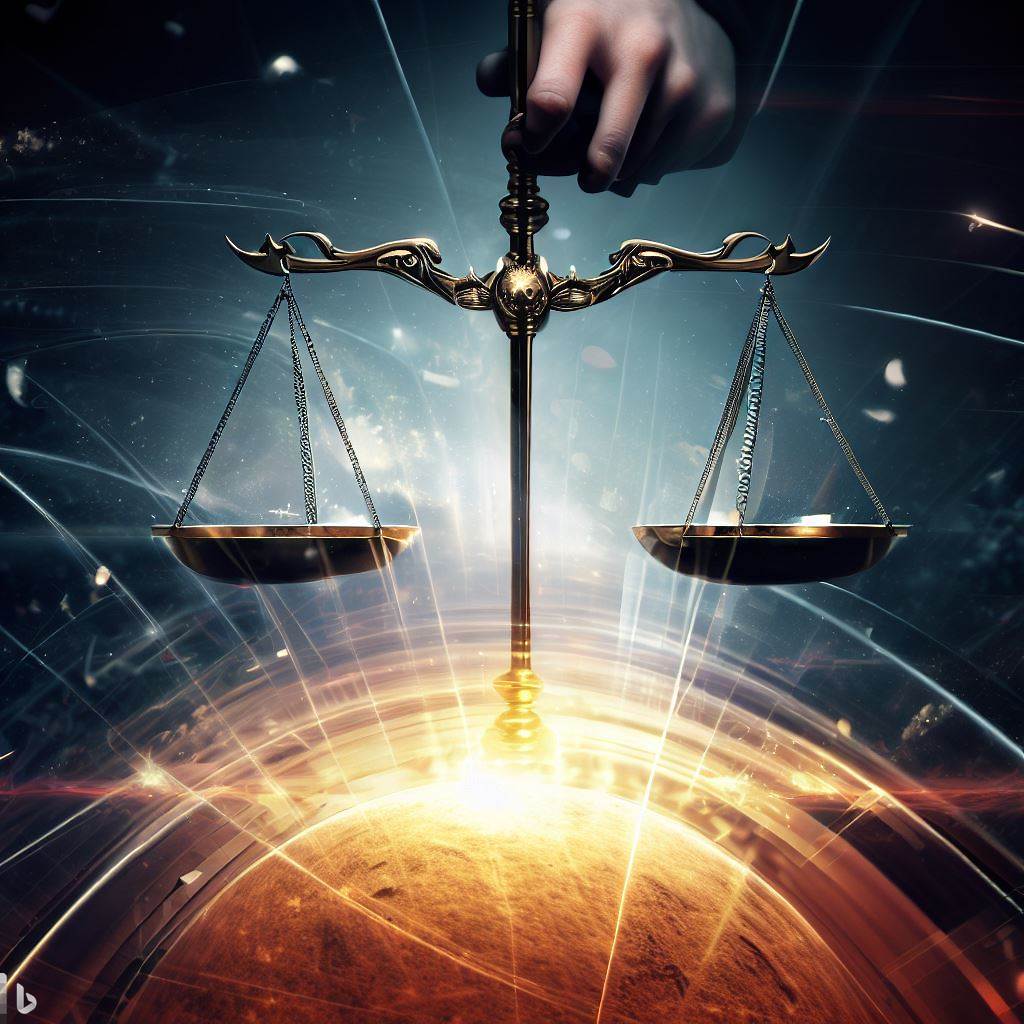The Power of Justice: How the Judiciary Shapes Our World
Introduction

In the tapestry of human society, the judiciary stands as a mighty thread that weaves together the fabric of justice, equality, and order. The judiciary plays a pivotal role in shaping our world, ensuring that laws are upheld, disputes are resolved, and individual rights are protected. From ancient civilizations to modern democracies, the judiciary has been a pillar of stability and fairness, embodying the principles of justice that form the bedrock of civilized societies. In this comprehensive exploration, we delve into the multifaceted aspects of the judiciary and how it continues to shape our world in profound ways.
The Historical Evolution of the Judiciary
The journey of the judiciary dates back to ancient civilizations, where elders and wise individuals settled disputes and provided judgments based on customary practices. Over time, formal legal systems emerged, from Hammurabi's Code in Mesopotamia to the Roman legal tradition. As societies evolved, so did the judiciary, adapting to changing norms and values.
The Modern Judiciary and Its Structure
In contemporary times, the judiciary has evolved into a complex and hierarchically structured system. At the core lies the principle of separation of powers, which ensures that the judiciary remains independent of the executive and legislative branches of government. This separation allows the judiciary to act as a check on potential abuses of power, safeguarding democratic values.
Upholding the Rule of Law
One of the judiciary's fundamental roles is to uphold the rule of law. It interprets laws and ensures their consistent application to all citizens. Through this impartiality, the judiciary reinforces the idea that no individual, regardless of status or wealth, is above the law.
Dispensing Justice and Resolving Disputes
At the heart of the judiciary's function lies the dispensation of justice. Courts serve as arenas for legal battles, where parties present evidence, witnesses testify, and judges make decisions. Whether it's a civil dispute or a criminal case, the judiciary seeks to restore equilibrium and provide fair resolutions.
Setting Precedents and Landmark Decisions
Throughout history, the judiciary has handed down landmark decisions that have left indelible imprints on society. From Brown v. Board of Education in the United States to Roe v. Wade, these landmark cases have challenged norms, broken barriers, and paved the way for social progress.
Protecting Human Rights and Individual Liberties
In an era where human rights and individual liberties are paramount, the judiciary plays a critical role in ensuring their protection. Courts across the globe serve as bastions of freedom, striking down laws that infringe upon fundamental rights and upholding the principles of dignity and equality.
Judicial Activism vs. Judicial Restraint
The balance between judicial activism and judicial restraint remains a subject of debate. While judicial activism entails a proactive role in addressing societal issues and promoting change, judicial restraint advocates for a more cautious approach, leaving policymaking to elected officials. Striking the right balance is essential to maintaining a stable and evolving society.
International Courts and Global Justice
In an interconnected world, the role of international courts has gained significance. These judicial bodies address issues transcending national borders, including war crimes, human rights abuses, and environmental disputes. Through international cooperation, the judiciary aims to establish global justice and accountability.
Challenges and the Quest for Justice
The judiciary is not immune to challenges. Overcrowded courts, backlogs, and delays can impede timely justice delivery. Moreover, public perception and trust in the judiciary may fluctuate, requiring efforts to enhance transparency and accessibility.
Navigating the Future
As societies embrace technology and face emerging legal complexities, the judiciary must adapt. Courts worldwide are exploring e-filing systems, virtual hearings, and artificial intelligence to streamline processes and improve efficiency. The quest for justice in the digital age continues to inspire innovation.
Conclusion
The judiciary's influence on our world transcends time and borders. From settling disputes in ancient marketplaces to upholding human rights on the global stage, the judiciary has played a central role in shaping our societies. As we navigate an ever-changing world, the judiciary's commitment to justice, fairness, and equality remains steadfast. By upholding the rule of law and safeguarding fundamental rights, the judiciary contributes to the realization of a world where justice and liberty reign supreme. The power of justice continues to shape our world, guided by the principles of equity and the pursuit of a more just and compassionate society.
